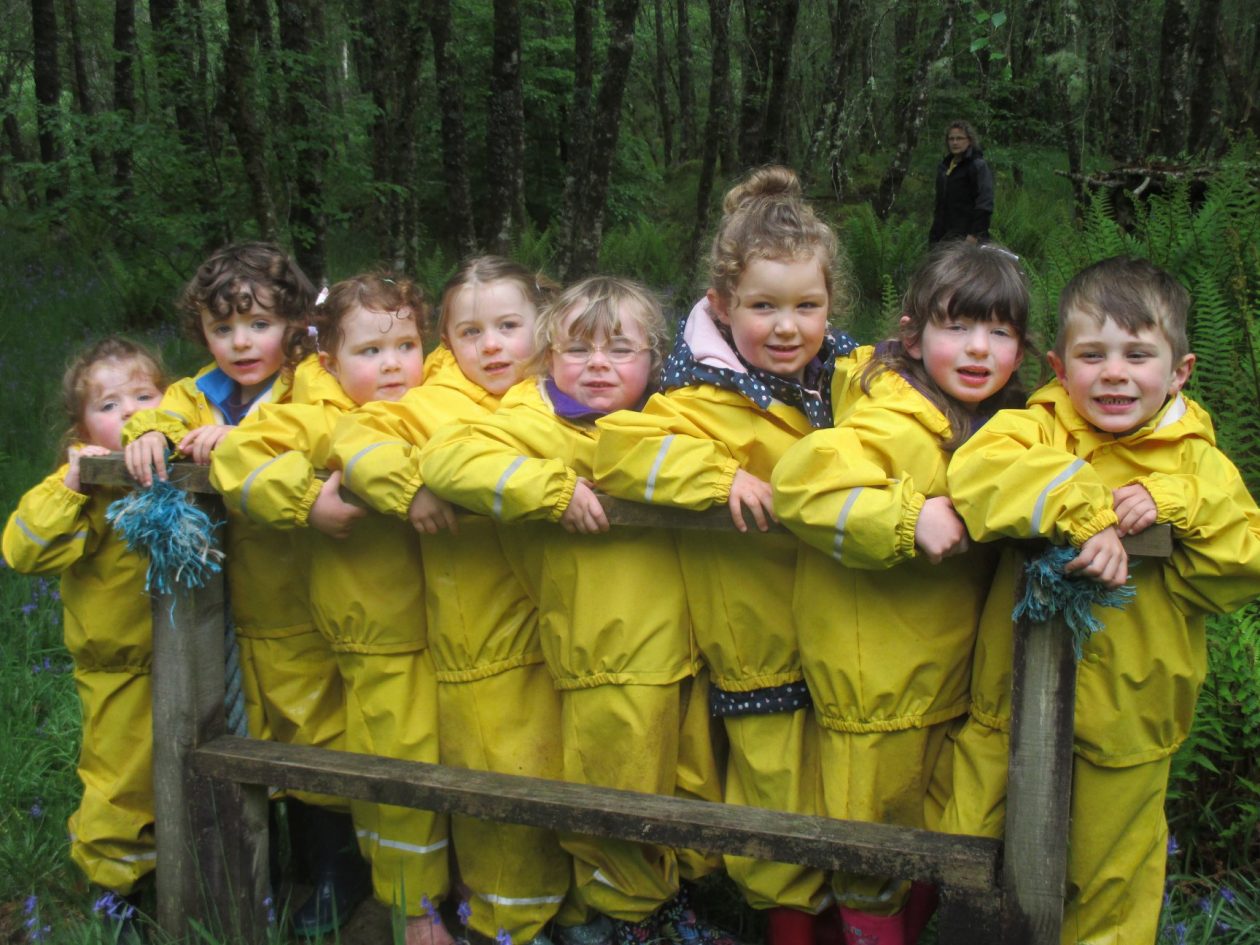Building the Curriculum:
Our Expectations and Aspirations
Context
The curriculum is the totality of experiences which are planned for children and young people through their education, wherever they are being educated.
Schools are encouraged to adopt innovative and creative approaches to the development of their curriculum. Including learners, parents, the wider community and partner organisations in the discussions will help to ensure that the whole school community shares a sense of ownership in the development process and its outcomes. For this reason, it is not the intention to prescribe in detail the form the curriculum should take although authority personnel will support the development process.
Given the government’s intention that implementation of ‘Curriculum for Excellence’ should result in transformative change over a relatively short timescale, it is essential that a school should have regard to a number of core expectations and aspirations in the formulation of its curriculum. In particular,
the curriculum should ensure that pupils become aware of the connections amongst curricular areas, and the ways in which knowledge and skills can be used in other areas. In all schools it is important that teachers have a broad overview of the whole curriculum so as to identify where their area of expertise can make a contribution.
Most importantly, schools and pre-school centres should ensure that the learning experiences they provide offer genuine progression. In addition to using the ‘experiences and outcomes’ and existing guidance such as the 3-5 curriculum framework and 5-14 guidelines, schools and centres should analyse how they will ensure progression in literacy, numeracy and other cognitive skills. Schools have a responsibility to ensure that young people are fully supported in moving from one school or centre to another. This applies both to the main planned transfers (pre-5 to primary and primary to secondary) and to individual moves from school to school.
The main objectives of these core expectations and aspirations are: to ensure that curricular innovation proceeds at a pace consistent with the national programme; to guarantee to pupils a minimum level of entitlement within the new curriculum; to ensure that these curricular experiences continue to raise attainment and recognise wider achievement.
Our Expectations and Aspirations have been in place since the new Curriculum for Excellence was introduced.
Taynuilt Primary School and Nursery:
- Some elements of curriculum developments and innovation will be planned, monitored and evaluated at local cluster level ie with colleagues from Dalmally and Kilchrenan Primary Schools.
- We will provide a curriculum, from nursery to p7, comprising both single subjects and interdisciplinary learning experiences.
- The curriculum will offer a variety of learning opportunities both long and short term, from nursery through to p7.
- All pupils will experience at least three interdisciplinary learning opportunities during each school session. This shall be within individual classes, two or more classes working together, or the whole school. We will maximize opportunities for good quality interdisciplinary learning, showing clear links between at least two curriculum areas. Pupils will be involved in the planning process.
- All teachers will embed key approaches to teaching and learning such as AifL, co-operative learning and active learning to ensure good quality approaches to pedagogy. Teachers in Taynuilt Primary and the co-op schools will support each other in these developments to maximise the benefit for all their pupils. Support from the authority will be sought when appropriate.
- We will explore opportunities to provide all pupils, particularly in upper primary, with learning experiences presented to them by a variety of learning professionals and specialists.
- All teachers will endeavour to provide appropriate personal support to pupils in accordance with the 10 Standards for Personal Support in Schools (see Appendix 1). From an early stage pupils are entitled to regular discussions to review their progress in learning and personal development with their teachers. The resultant identification of needs and strategies will contribute to the personal learning process.
- Each pupil will be encouraged to take part in a variety of opportunities including, involvement in the wider community and, where possible, a residential experience. All children will be taught to understand the importance of sustainability, enterprise and citizenship. Teachers will help children to develop leadership skills, to work co-operatively with others as well as developing skills in independent learning. Pupils’ achievements, both in and out of school, will be recognized as part of their wider achievement.
- Teachers will contextualise pupils’ learning as far as possible, and make links between the learning, the wider world and real life situations. Pupils will have the opportunity to apply their learning and skills within practical contexts.
- Pupils will have opportunities to gain knowledge and experience within the ‘world of work’ from the earliest opportunity eg learning about ‘People who help us’, inviting members of the community in to talk about their jobs, work experience in local businesses.
- We will provide opportunities for learners to participate in meaningful decision – making, including decisions relating to their own learning, health issues and lifestyle. They will be taught the skills which will help them to make well informed choices for life.

